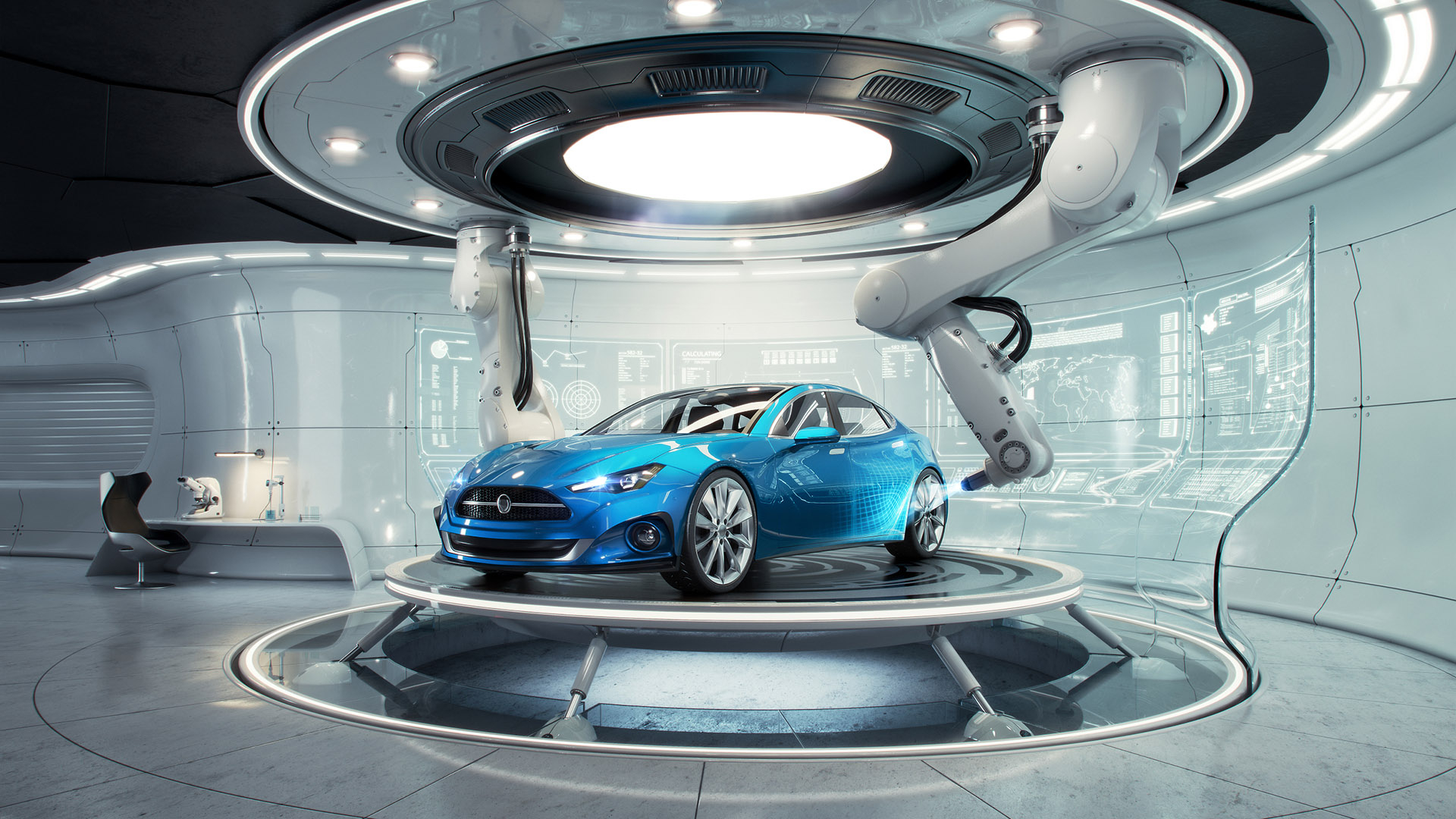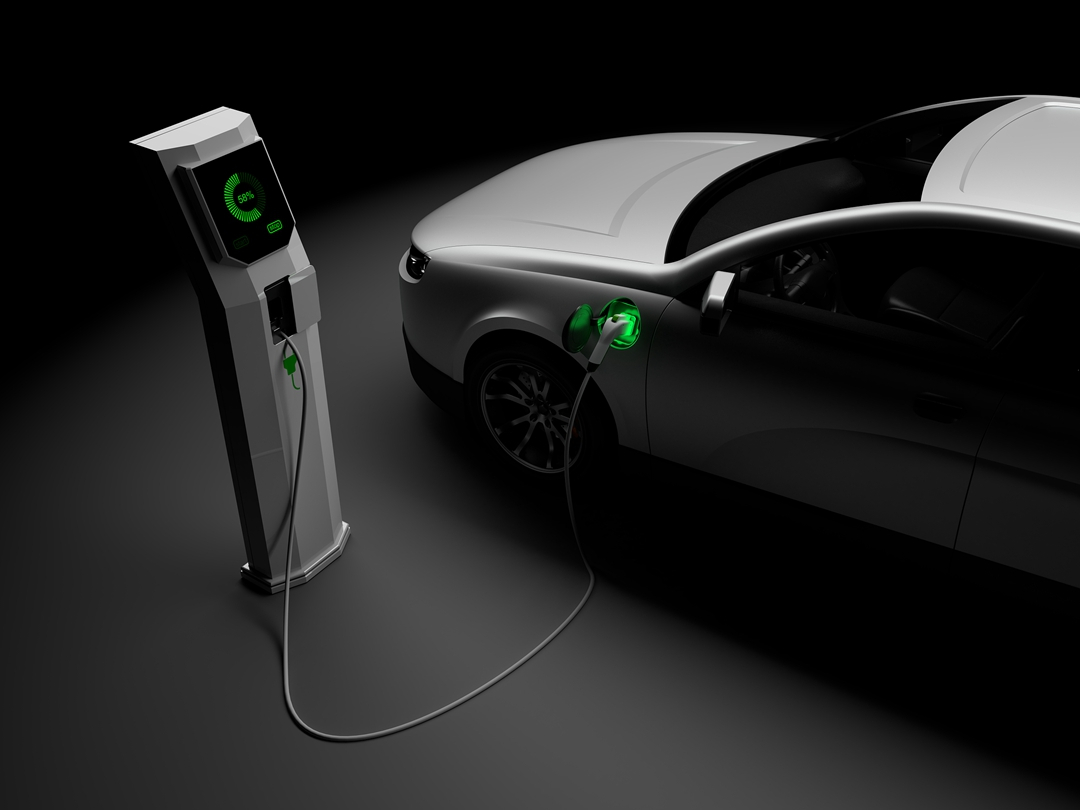
Business
19:04, 22-Nov-2018
Car brands adjusting sales strategies to get buyers back
Updated
18:09, 25-Nov-2018
CGTN’s Chen Tong
02:19

China's auto sales have been tumbling ever since July. Sales of fossil-fuel passenger cars in October dropped by 13 percent year-on-year, and leading auto executives are saying they could be flat next year as well.
Many tie this to the government's campaign to reduce air pollution, and so many brands are adjusting their sales strategies by turning to the promotion of new energy cars, as a way to attract more consumers.
“The average price of one gasoline-powered car has declined by between six and ten percent. The discounts are much larger than last year's,” said Zhang Yong, general manager of Shanghai Dongyi Automobile.
Starting next year, new carbon emission standards will take effect, so new energy cars have become one of the company's promotional targets. The company currently sells only one new energy model but will begin carrying five more next year. As opposed to fossil fueled cars, the sales of new energy cars in China jumped by over 75 percent year-on-year between January and October.

VCG Photo
VCG Photo
“It is mainly due to the perfection of charging infrastructures. The changing car usage habits of consumers is also a big contributor of the sales growth of new energy cars because Mintel's research finds more and more consumers are driving their cars within the city,” said Terence Zhou, research analyst of Mintel.
Producing more new energy cars could become a major sales strategy for car brands, but experts say there are other ways for car makers to move their inventories.
“I think apart from a slash in prices; car manufacturers can cooperate with car rental market because the car rental market is going to reach 100 billion RMB next year. It's a great market. In this way they can digest their inventories and also they can restructure their current car models to meet the latest emission standards,” Zhou added.
A report from a research company Mintel shows fewer and fewer consumers now prefer using their own cars for short-distance travel between cities and in many cases would prefer to rent for these drives.

SITEMAP
Copyright © 2018 CGTN. Beijing ICP prepared NO.16065310-3
Copyright © 2018 CGTN. Beijing ICP prepared NO.16065310-3